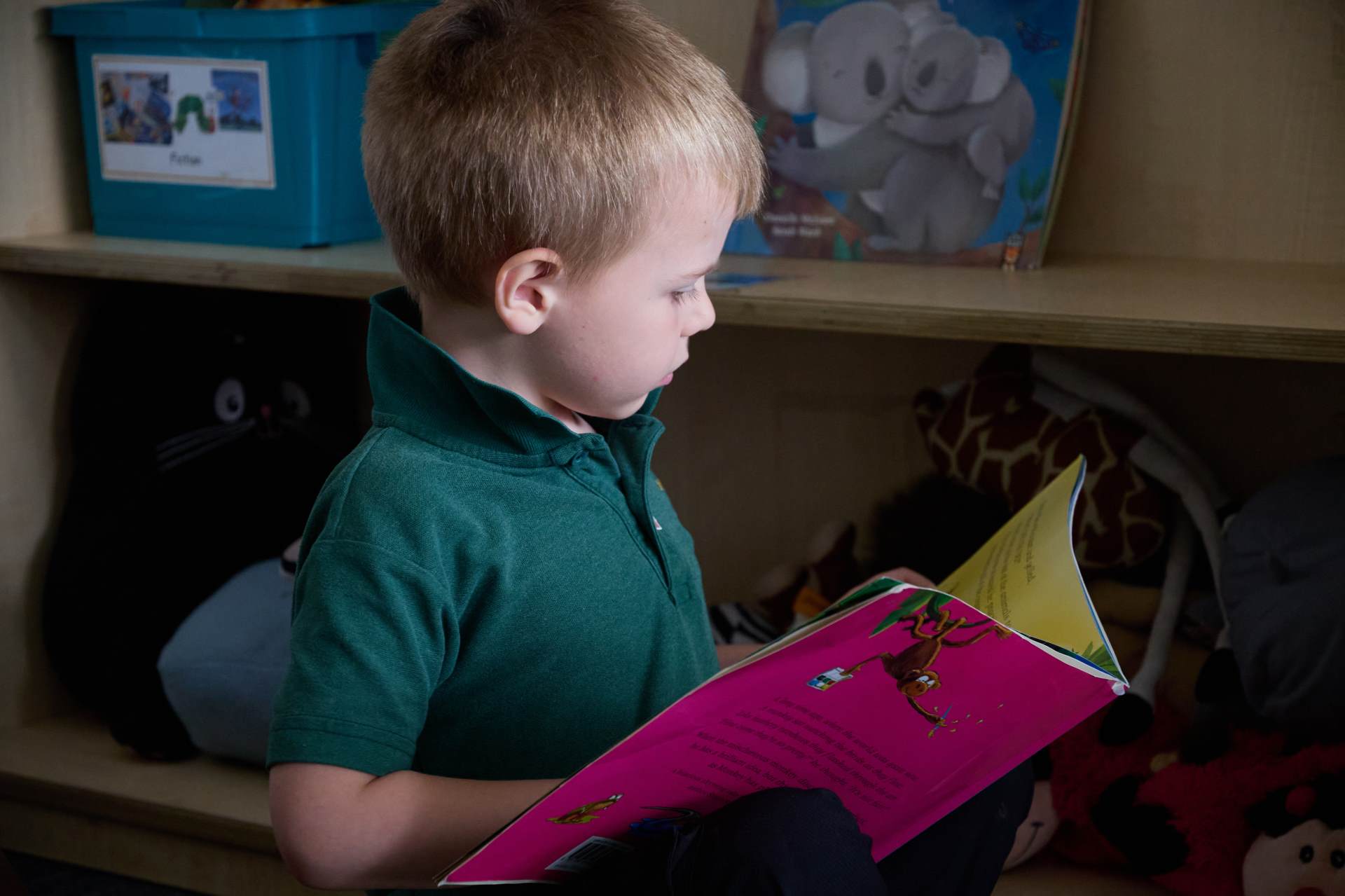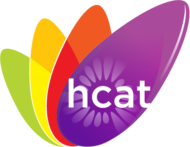Reading & Phonics

Phonics
Phonics at Wansbeck
We have just launched an exciting new Phonics programme, Little Wandle. Children in our Foundation 1 class will focus on the foundations for Phonics. We will share high-quality stories and poems with children, learn a range of nursery rhymes and action rhymes and provide the children with activities that develop focused listening and attention, including oral blending. This ensures that children are well prepared to begin grapheme–phoneme correspondence and blending at the start of Foundation 2, where our Phonics programme begins.
As a school we understand the importance of Phonics and early reading, so children have a phonics and reading lesson each day. Our phonics lessons are fun, engaging and follow a 4 part structure: Revisit/review, teach, practise and apply. The children are encouraged to use their phonetic knowledge when decoding words in reading and applying it to their writing. Children are taught the grapheme–phoneme correspondence through the use of picture cards and mnemonics. Children learn phrases to help them with the formation of letters, these can be found using the link below:
https://www.littlewandlelettersandsounds.org.uk/resources/for-parents/
Any gaps in knowledge are carefully tracked through assessment and monitoring and gaps are addressed through additional phonics support. These sessions are in addition to their daily phonics lesson.
Supporting your child with reading
Although your child will be taught to read at school, you can have a huge impact on their reading journey by continuing their practice at home.
There are two types of reading book that your child will bring home:
A reading practice book. This will be at the correct phonic stage for your child. They should be able to read this fluently and independently.
A sharing book. Your child will not be able to read this on their own. This book is for you both to read and enjoy together.
Reading practice book
This book has been carefully matched to your child’s current reading level. If your child is reading it with little help, please don’t worry that it’s too easy – your child needs to develop fluency and confidence in reading.
Listen to them read the book. Remember to give them lots of praise – celebrate their success! If they can’t read a word, read it to them. After they have finished, talk about the book together.
Sharing book
In order to encourage your child to become a lifelong reader, it is important that they learn to read for pleasure. The sharing book is a book they have chosen for you to enjoy together.
Please remember that you shouldn’t expect your child to read this alone. Read it to or with them. Discuss the pictures, enjoy the story, predict what might happen next, use different voices for the characters, explore the facts in a non-fiction book. The main thing is that you have fun!
Reading
Reading at Wansbeck
At Wansbeck, we strive to develop a love of reading by teaching children how and why to read. Our intent is for children to develop an individual passion for reading through being exposed to a wide range of texts and authors throughout the curriculum. We believe that is it crucial for children to leave Wansbeck as confident, independent readers with a life-long passion to explore books.
A high emphasis is placed on reading throughout our curriculum and due to this, our topics within each phase are driven by high quality, key texts. These key texts are chosen specifically to engage and challenge children.
Phonics
Children begin their reading journey from Foundation 1 and continue their learning journey throughout the school. In Foundation Stage and Key Stage 1, children are introduced to range of phonemes through the Little Wandle sheme. This is taught daily and sessions are carefully planned to meet the children’s needs. Each session follows a four-part structure: Revisit/review, teach, practise and apply. The knowledge children gain in discrete sessions is reinforced in lessons taught across the curriculum. Teachers draw upon observations and continuous assessment to ensure children are stretched and challenged, and to identify those children who may need additional support.
Guided Reading
Children who no longer need phonics have daily guided reading sessions focussed on fluency. During these sessions children read a book, as a group, that is just above their independent reading level. Adults within the class model and support with reading fluency and the use of prosody (reading with pitch, stress and timing to convey meaning). Children will also be given opportunities to independently apply the skills learnt in the whole class reading sessions.
Whole class reading
Whole class reading takes place daily across the school. These lessons use class texts, which are linked to the class topic, as a stimulus. Pupils will study at least one novel each term and alongside class texts, children are exposed to a variety of genres including picture books, poetry, song, film and non-fiction. By having a reading session every day, children are given time to master a skill by applying it independently after it has been taught and modelled.
Whole class reading lessons begin with a vocabulary session. These sessions allow children to be exposed to new vocabulary, which they can then apply to all aspects of their learning. During the sessions, the children are encouraged to use a range of skills to learn new and challenging vocabulary: speaking, listening, writing, drawing and drama. We have high expectations for our pupils, so we choose texts which incorporate ambitious vocabulary.
Reading is not only taught throughout reading sessions but is incorporated into the wider curriculum for example in History, Geography, Science, Art and RE.
Home reading
All children in every year group take home a reading book which has been carefully matched to the sounds or content that they have learnt. Those children on our phonics programme will bring home a reading practice book each week. These are books that have been practiced at school so are used to develop fluency and confidence in reading. They will also have a sharing book aimed to encourage children to read for pleasure. This book is chosen to be read with someone at home and not for the child to read independently.
Children who are not on our phonics scheme choose a book to take home that is matched to their reading ability. We encourage children to read at home at least three times each week. We celebrate those who read often at home with our readers of the week in assembly where children can earn prizes.
We pay careful attention to children who are non-regular readers and provide these children with additional opportunities to read with adults in the school.
Reading for Pleasure
We provide many opportunities for children to develop a love of reading throughout the school year and we work hard to ensure reading is celebrated as a highly regarded subject at Wansbeck.
Each classroom has their own library and reading area, allowing children to read for pleasure and access a variety of texts. We subscribe to First News, which provides children with newspapers to read at their age level.
At Wansbeck Primary, we aim for children to become independent and confident readers with a lifelong love of reading.
We try to give children as many opportunities as possible to read so that they read fluently before leaving our school.
As a parent/carer, there are several ways you can help your child develop their reading skills:
- Make reading and looking at books fun – talk about the characters and what might happen next
- Try to read with them daily – set aside a special time for reading together
- Discuss any areas they are interested in and try to provide books that follow his/her interests
- Try to ensure your child has access to books in different rooms in the home
- If English is not your family’s first language, try to discuss books in any language. Staff in school will support the children with reading in English.
- Discuss your child’s progress with the school- if you need support with reading in English, staff in school are more than happy to support the family in any way they can. Opportunities for children to read in breakfast club are also available daily.
- Visit the library



